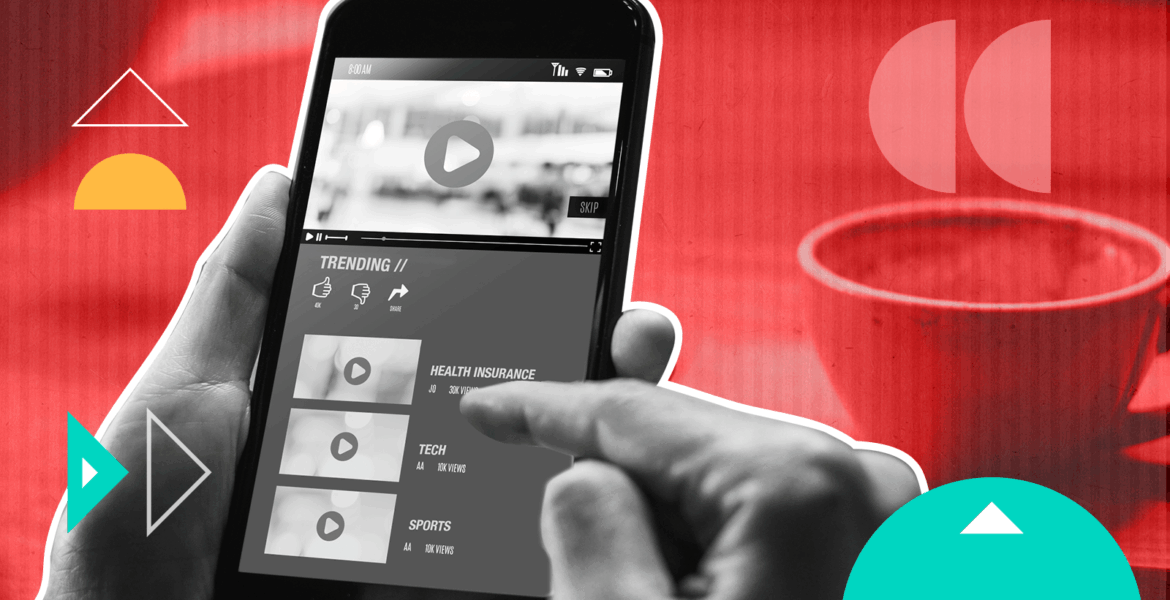By Jennifer H. Cunningham, Editor-in-Chief, Newsweek
Legacy media brands grapple with an ongoing challenge: how to reconnect with audiences who have drifted away due to perceived biases, an overload of bad information, and a preference for personalized news bubbles. Newsweek, a name synonymous with trusted journalism for nearly a century, is reshaping how news is produced, delivered, and shared in this shifting landscape.
At the heart of this effort lies a three-pronged approach: a deep commitment to data-driven accuracy and fairness, modernizing distribution channels (especially through short-form video), and fostering community involvement. Here’s how Newsweek is putting this strategy into effect:
Data-Driven Accuracy and Fairness
Trust in journalism begins with accuracy and fairness. Today’s digital audience demands transparency and accountability; vague promises no longer suffice. Recognizing this, Newsweek leverages data to ensure every story published meets rigorous standards of impartiality and accuracy.
Using real-time feedback, Newsweek has implemented innovative features like fairness and trust meters into our online platforms. Readers now actively contribute to our editorial judgment by signaling perceived biases or inaccuracies. This approach provides readers with genuine agency, allowing them to influence editorial decisions. If a story seems to tilt too far left or right, reader feedback acts as a critical data signal that the newsroom takes seriously.
The trust and fairness meters are essential tools in Newsweek’s mission to remain resolutely centrist. By openly presenting how readers rate the fairness and accuracy of content, Newsweek actively engages in an ongoing, data-driven audit of neutrality. The process ensures accountability and creates a continuous feedback loop where editorial decisions are informed directly by audience input, significantly reducing inadvertent editorial drift and helping Newsweek maintain a consistently neutral stance.
Modernizing Distribution: Short-Form Video and Digital Channels
Newsweek understands that effective journalism requires meeting audiences where they are. Increasingly, that means on social media platforms like TikTok, YouTube, and X (formerly Twitter), where younger audiences especially consume most of their content in bite-sized formats.
Newsweek’s pivot to short-form video is strategic and intentional. Recognizing that traditional, long-form reporting often fails to engage certain audiences, Newsweek has shifted toward creating compelling, concise videos that communicate complex stories in one to two minutes. It’s journalism tailored explicitly for the smartphone generation: digestible, visually dynamic, and immediately engaging.
This approach does not sacrifice depth for brevity; instead, it distills the essence of news into accessible narratives that resonate broadly. It represents a modern newsroom evolving in real-time, reflecting the changing habits of a diverse and digitally-native audience.
Building Community: Participatory Journalism
With our recent website redesign, Newsweek prominently elevated user comments to the homepage, signaling how seriously reader interactions are valued. This visible commitment encourages robust, open dialogue, transforming passive readership into active participation.
Platforms like Reddit have become critical forums for this participatory approach. Newsweek engages in these communities to listen, learn, and refine coverage based on community insights. We actively mine comments for meaningful, insightful perspectives. By considering readers’ perspectives in our content development, Newsweek facilitates genuine dialogue rather than imposing a distant editorial agenda.
Legacy media’s challenge of reconnecting with skeptical or disengaged audiences is daunting, but not insurmountable. In this era of misinformation and skepticism, trust can’t be assumed or passively maintained; it must be actively rebuilt and earned every day. Newsweek’s renewed commitment to transparency, innovation, and community positions it uniquely as a leader, proving that a legacy brand can indeed thrive by re-engaging authentically and purposefully with its audience.
As Newsweek continues to evolve, its vision remains steadfast: to set the benchmark for trusted journalism in the digital age. Embracing transparency, innovation, and community collaboration, Newsweek seeks to foster a society of engaged citizens who confidently navigate the complexities of today’s information landscape. The path forward is clear: by building genuine connections, championing balanced reporting, and continuously adapting to the shifting tides of media consumption, Newsweek will remain a beacon of reliable, resonant journalism for generations to come.











